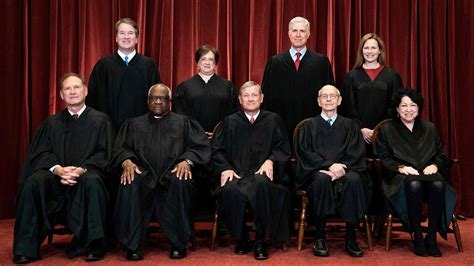
Murder Is Not Protected by The U.S. Constitution
Why The Supreme Court Overturned Roe v. Wade


Everyone knows that on June 24th the Supreme Court issued its long-awaited opinion on abortion in Dobbs v. Jackson Women’s Health Organization (19-1392). The Court held:
The Constitution does not confer a right to abortion; Roe and Casey are overruled; and the authority to regulate abortion is returned to the people and their elected representatives. Pp. 8–79.
Despite the hysterics the Court did not ban abortions. Nor did it ban the use of abortion pills, with which some 50% of abortions are done anyway. It merely overturned Roe v. Wade, which was a bad decision in the first place.
Murder has always been defined as the unjustified killing of another human being. In many states, anyone who murders a pregnant woman and her fetus can be charged with a double-homicide. Currently, at least 38 states have fetal homicide laws.
Many abortion advocates have gone far beyond demanding a right to commit feticide--many claim a “right” to kill babies even after birth. That’s a crime called infanticide.
It’s true that a woman risks death during childbirth, but she also risks death during an abortion. However, most abortions are sought because it is “inconvenient” to have a baby. But aside from rape, this begs the question of Why don't abortionists use contraception?
My message to those who say the court's ruling denies them the right to choose: Choose early and choose wisely.
I think we can all agree that abortions are, at minimum, a gruesome and hideous means of birth control.
ALITO, J., delivered the opinion of the Court, in which THOMAS, GORSUCH, KAVANAUGH, and BARRETT, JJ., joined. THOMAS, J., and KAVANAUGH, J., filed concurring opinions. ROBERTS, C. J., filed an opinion concurring in the judgment. BREYER, SOTOMAYOR, and KAGAN, JJ., filed a dissenting opinion.
